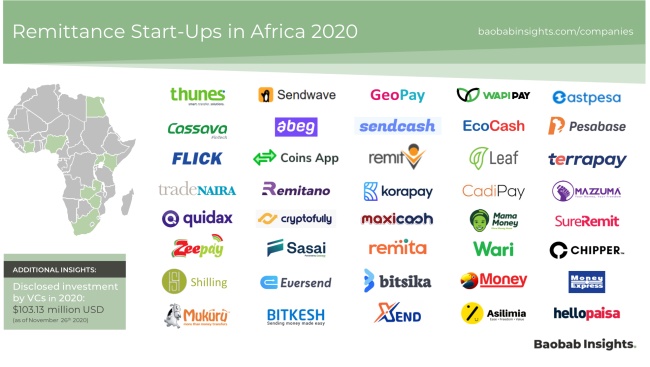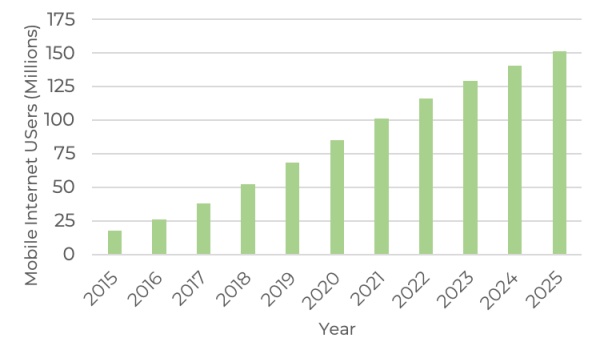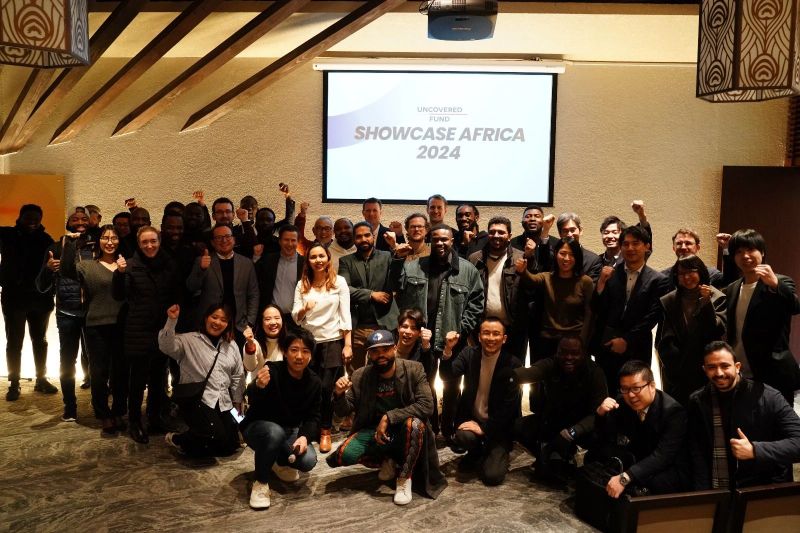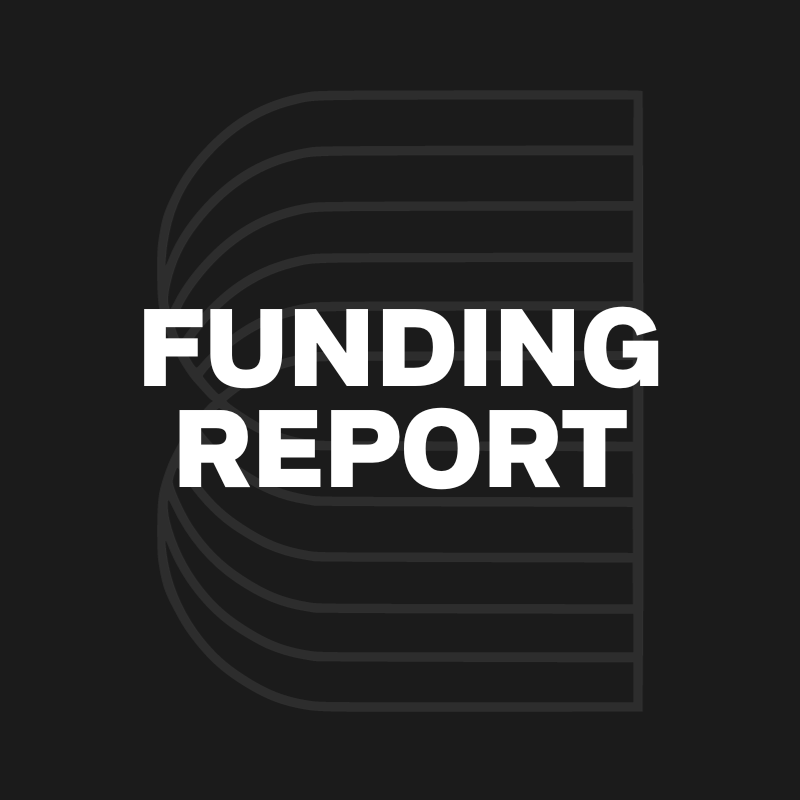Remittance and Money Transfer: Africa Market Map
According to the latest World Bank figures, remittance payments made into sub-Saharan Africa in 2019 are estimated to have totalled $48 billion USD. A recent report published by the Brookings Institute, a research group, indicates that the volume of remittance payments in 2020 is likely to decrease as result of the global impact of the coronavirus (COVID-19) pandemic. During a time of economic uncertainty, finding an affordable means of sending money to friends and family couldn’t be more important. But has this created an opportunity for tech founders?
The World Bank estimates that in 2019 personal remittances contribute to as much as 2.77% of GDP in sub-Saharan Africa. In North Africa the contribution to GDP was higher still. In Egypt for example, personal remittance contributed 8.8% of GDP in 2019. But the cost to the consumer sending money into and within Africa are some of the highest in the World. It is estimated that sending money to the sub-Saharan Africa region costs the consumer an average of 8.9% to send $200 USD. This is considerably higher than the global average, which stands at around 6.8%.
The reason for the high cost is complex, according to 2019 report published by KNOMAD, a lack of competition in the market and high operational costs (such as ensuring compliance with stringent anti-money laundering regulations) keep prices high. But the recent raises by FinTech companies such as Chipper Cash highlight the role technology can play in creating more affordable remittance services, without sacrificing the need for necessary compliance processes.
Remittance start-ups in Africa
In November, Chipper Cash, a FinTech platform which supports intra-Africa payments, announced a $30 million Series B raise, led by Ribbit Capital with participation by Bezos Expeditions (the personal VC fund of Amazon founder, Jeff Bezos). The funding will enable the team to offer more business payment solutions, crypto-currency trading options, and investment services. Great news for the P2P payments space.
In fact, 2020 has been a big year for remittance and P2P payments companies in Africa, with companies raising $103.13 million across 8 rounds in 2020 (year to date). A big increase from the $18.63 million raised by remittance companies in 2019. Our market map highlights companies that are providing such services across Africa. A significant portion of these were headquartered in either West or South Africa, home to the five most expensive remittance corridors in Africa.





